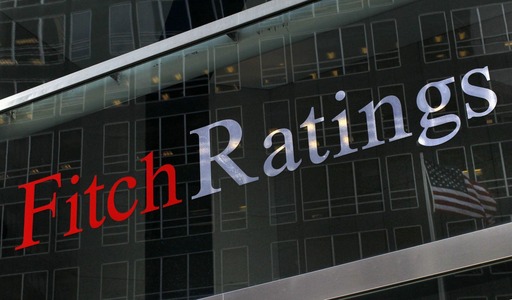Fitch rating said in its latest commentary note that foreign investors would keep abstaining from Nigeria’s economic affairs even after the Central Bank of Nigeria (CBN) cleared its backlog of FX forwards which is less than $2.2 billion and made some other policies.
Some of the policies made by the CBN is that CBN has directed banks to reduce their net open position to reduce round tripping and other sharp practices in the financial service sector. It also reduce the number of bureau de change operator , those who breached regulatory requirement have been withdrawn from the parallel market.
CBN has also pushed Binance, a cryptocurrency trading platform that supports stablecoin Tether peg against the naira, to exit the country after alleged currency peg manipulation.
The recent 400bp increase, to 22.75%, in Nigeria’s monetary policy rate (MPR) marks progress in the country’s efforts to contain inflation and support a more market-determined exchange rate, though real rates remain negative and the exchange rate is still subject to downward pressure, says Fitch Ratings.
In a macro note, Fitch analysts highlighted low net reserves and weaknesses in the exchange-rate framework as constraints on the sovereign’s credit profile in November 2023, when it affirmed Nigeria’s rating at ‘B-’ with a stable outlook.
“We believe the large MPR increase on 26-27 February, and accompanying moves to raise the cash reserve ratio for commercial banks to 45% from 32.5%, are steps towards containing inflation”, the global rating firm said. It noted that the Central Bank of Nigeria (CBN) also widened the asymmetric corridor around the MPR, which could limit interest rate pass-through.
It expects inflation to average 26% in 2024. Recent CBN policy tightening, coupled with exchange-rate adjustments, signal initial efforts to address FX liquidity scarcity and restore business confidence.
It recalled that the CBN governor has announced plans to clear a backlog of unsettled FX forwards “in the next few days”, having settled only $400 million of an outstanding USD2.2 billion, based on CBN estimates, as of late February. Nonetheless, the CBN’s weak net reserve position will continue to hamper liberalisation of the FX market and Fitch expects FX scarcity to persist through 2024.
“While the authorities are taking steps to address the challenges in the monetary and FX market, years of unorthodox policy approaches and financial repression under the previous government have weakened investor confidence in the economy. A lack of policy coordination remains a risk for the reform drive”.
Notably, Fitch expects fiscal consolidation to be limited in the near term, constrained by political pressure on the government to improve infrastructure and provide support to households amid high inflation.
“This could weaken the effectiveness of policies designed to curb inflation and improve FX liquidity”, Fitch stated.



Can you be more specific about the content of your article? After reading it, I still have some doubts. Hope you can help me.
Your point of view caught my eye and was very interesting. Thanks. I have a question for you.